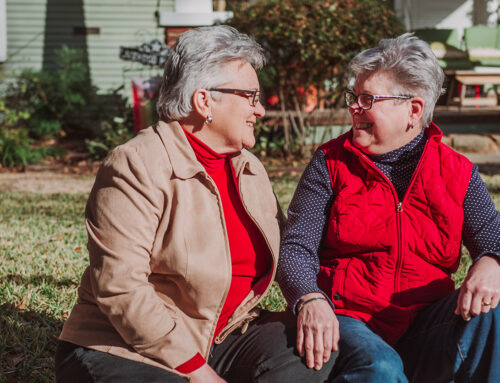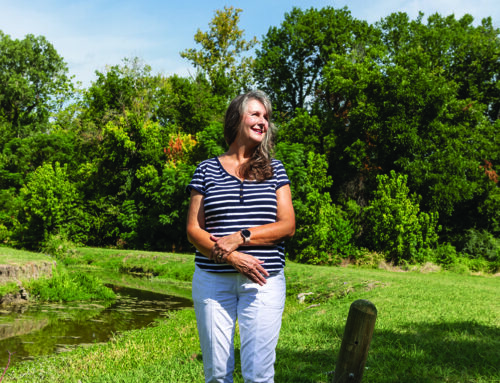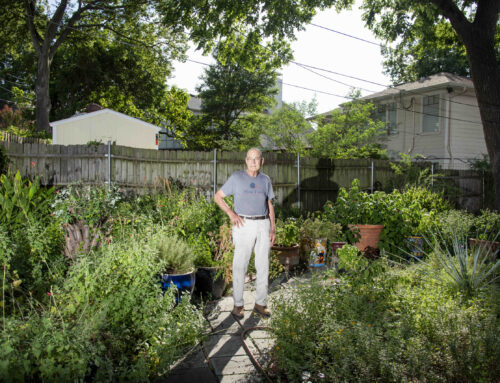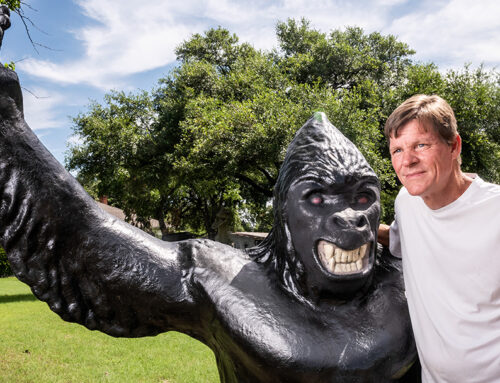“They have to be able to convince people that if they don’t go with what’s on the table, then there will be nothing there, that the Trinity will be a dirty ditch for a long time.”
Pete Sessions and Martin Frost spent almost $7 million in 2004 during their campaign for the U.S. House of Representatives. The one sure thing about the forthcoming Trinity River toll road campaign is that the two sides won’t spend that much money (which works out to about $10 for everyone who lives in that district). Otherwise, pretty much anything is possible.
That’s the view of veteran Lakewood political consultant Nancy Lloyd, who isn’t working for either side in the campaign and has even declared her neutrality. Lloyd did work for anti-tollroad leader Councilwoman Angela Hunt when the latter ran for her council seat in 2003, but has not worked for her since, and even sounded a little pro-tollroad during our chat last month. (And she didn’t seem to know that I am vehemently opposed to the tollroad, for what that’s worth.)
But we didn’t talk about outcomes and best or worst results — or even which side would win. Rather, I wanted to get a sense of how the campaign would go.
Some of what will happen, says Lloyd, is obvious. The pro-tollroad side, which includes just about every business and political heavyweight in town, might not spend $7 million, but they’ll spend enough to get the job done, she says, using the phrase “hammer and tongs” to describe their effort. There should even be pro-tollroad TV commercials.
The anti-tollroad side, led by Hunt’s TrinityVote, won’t have that kind of money. Instead, they’ll focus on the grass roots organizing that gathered enough petition signatures to force a referendum. Says Lloyd: “They’re very good at what they do. They’ll keep telling you to vote until you vote just to stop them from bugging you.”
Which voters will decide this election? How many people will vote? Lloyd doesn’t expect much in the way of turnout — certainly less than next fall’s presidential election, and probably somewhere between the 45,000 who voted in November 2001’s special constitutional election and the 118,000 who voted in the November 2005 special bond election. She says the pro-tollroad side will target voters south of the Trinity, touting the jobs and development that the road and park will bring to the area. The anti-tollroad side starts with a strong base in Lakewood and East Dallas, and also has made inroads in (as the pundits like to say) vote-rich North Dallas. That’s mostly the area above Northwest Highway and between Central Expressway and the tollway, with the western-most parts of Lake Highlands thrown in for good measure.
What are the unknowns in the election?
• How big a role will former mayor Laura Miller play? Miller, says Lloyd, is “absolutely despised” below the Trinity, and could hurt the pro-tollroad efforts down there.
• The anti-tollroad coalition is an odd mix, even for politics. It includes people who always oppose anything the city wants to do, people who opposed the original bond vote in 1998 (whose leader then, councilman Mitch Rasansky, now supports the project), environmentalists of various political stripes, and neighborhood activists. Can this coalition stay together through the campaign?
• Will the pro-tollroad side be able to persuade voters that the highway is essential to Dallas’ growth and success? “They have to be able to convince people that if they don’t go with what’s on the table, then there will be nothing there, that the Trinity will be a dirty ditch for a long time,” Lloyd says.
• How big a role will the business establishment play? It’s one thing to donate money, but does the business elite have enough clout to get voters to the polls to vote their way?
• Is the campaign that won approval for the American Airlines Center a good model for the pro-tollroad people this time around? Lloyd says yes, noting that the arena was approved because its proponents convinced voters that it was a key to Dallas’ future.
• Is this too complex an issue for most voters? Yes, Lloyd says, but she tempers that by noting that given all that voters have to do — work, raise a family, walk the dog — a lot of this stuff is too complicated.
Lloyd did make one point that surprised me — that many voters may not be interested in this campaign. Perhaps. But I’d bet the opposite, which is what will make the next month or so so much fun.





